|
MS27: Computational Geomechanics
WaiChing Sun, Columbia University Jose Andrade, Caltech Ronaldo Borja, Stanford University Jinhyun Choo, University of Hong Kong Majid Manzari, George Washington University Richard Regueiro, University of Colorado Boulder AbstractGeomaterials, such as soil, rock, and concrete, are multiphase porous materials whose macroscopic mechanical behaviors are governed by grain size distribution and mineralogy, fluid-saturation, pore space, temperature, loading paths and rate, drainage conditions, chemical reactions, and other factors. As a result, predicting the mechanical responses of geomaterials often require knowledge of how several processes, which often take place in different spatial and temporal domains, interact with each other across length scales. This mini-symposium is intended to provide a forum for researchers to present contributions to recent advances in computational geomechanics problems. Topics of interest include, but are not limited to (1) development and validation of constitutive models that addressed multi-physical coupling effects, (2) discrete and continuum formulations for geomechanics problems, (3) iterative sequential couplings of fluid and solid solvers, (4) uncertainty quantification and spatial variability of soil properties, (5) multiscale mechanics, (6) modeling of weak and strong discontinuities, (7) regularization techniques to circumvent pathological mesh dependence and (8) techniques to model crack growth and fragmentation processes in geomaterials. Submission link: https://www.openconf.org/emi2018/openconf.php
0 Comments
Our manuscript on crystallization-induced damage in porous media has been accepted by CMAME1/24/2018 Cracking and damage from crystallization in pores: Coupled chemo-hydro-mechanics and phase- eld modeling Jinhyun Choo WaiChing Sun Abstract Cracking and damage from crystallization of minerals in pores center on a wide range of problems, from weathering and deterioration of structures to storage of CO2 via in situ carbonation. Here we develop a theoretical and computational framework for modeling these crystallization-induced de- formation and fracture in infiltrated porous materials. Conservation laws are formulated for coupled chemo-hydro-mechanical processes in a multiphase material composed of the solid matrix, liquid solution, gas, and crystals. We then derive an expression for the effective stress tensor that is energy-conjugate to the strain rate of a porous material containing crystals growing in pores. is form of effective stress incorporates the excess pore pressure exerted by crystal growth—the crystallization pressure—which has been recognized as the direct cause of deformation and fracture during crystallization in pores. Continuum thermodynamics is further exploited to formalize a constitutive framework for porous media subject to crystal growth. e chemo-hydro-mechanical model is then coupled with a phase- eld approach to fracture which enables simulation of complex fractures without explicitly tracking their geometry. For robust and e cient solution of the initial-boundary value problem at hand, we utilize a combination of nite element and nite volume methods and devise a block-partitioned preconditioning strategy. rough numerical examples we demonstrate the capability of the proposed framework for simulating complex interactions among unsaturated ow, crystallization kinetics, and cracking in the solid matrix. [PDF] Our manuscript on using recurrent neural network to perform offline homogenization for multi-phase multi-permeability porous media has been accepted by CMAME today. This technique break down the computational barrier commonly exhibited in DEM-FEM and FEM2 models and therefore allow simulations connected across multiple scales. Spectral decomposition is used to correct the frame-dependent issues exhibited in RNN constitutive laws; issues on over- and under-fitting are regularized; k-fold validation techniques are used; and a model selection procedure on a directed graph is introduced. [PDF]
|
Group NewsNews about Computational Poromechanics lab at Columbia University. Categories
All
Archives
July 2023
|

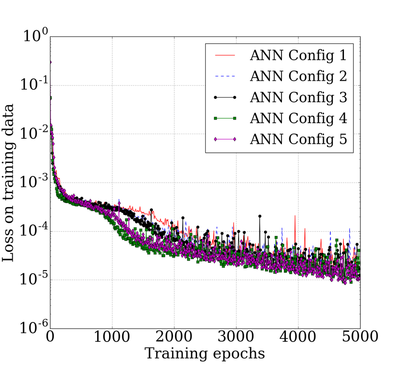
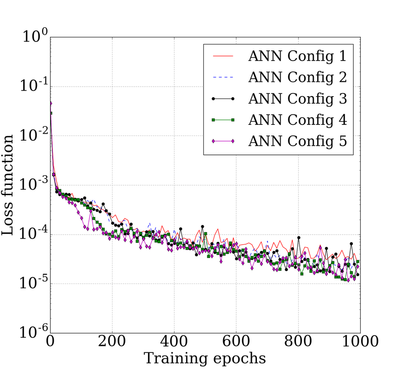
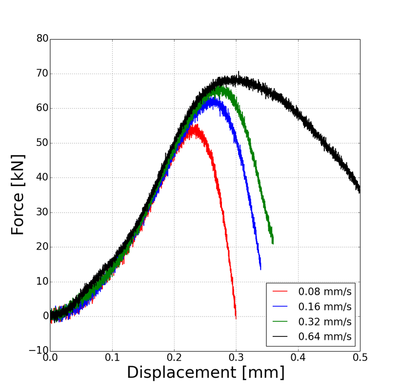
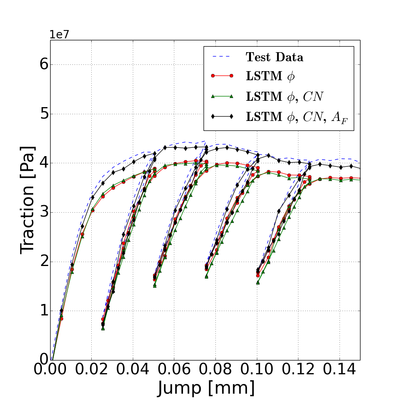
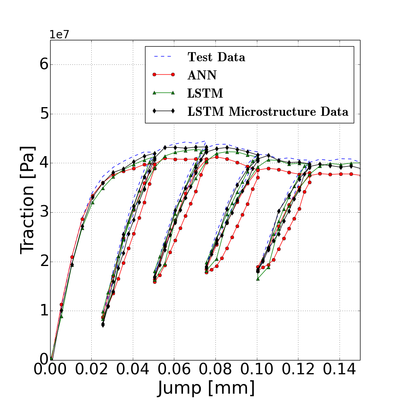
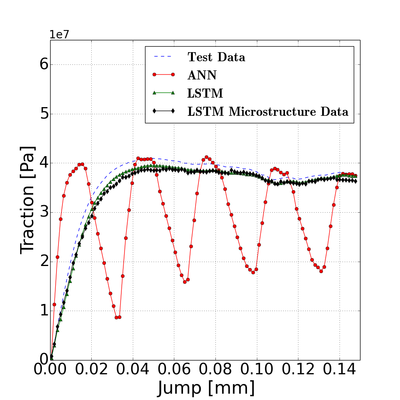
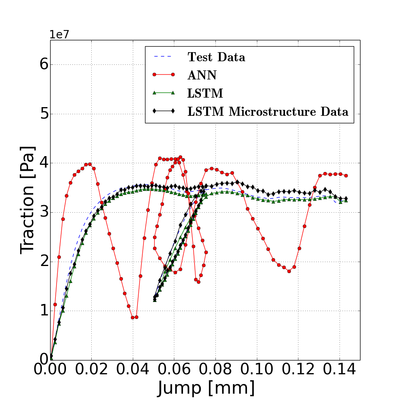
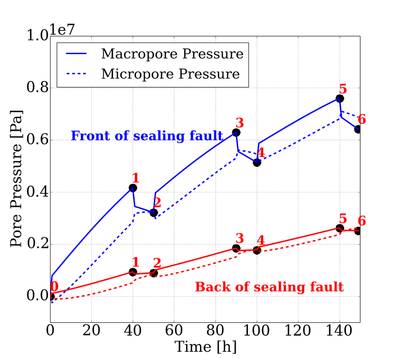
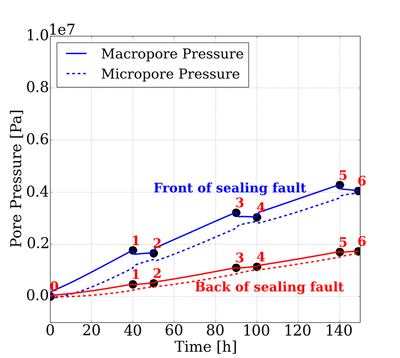
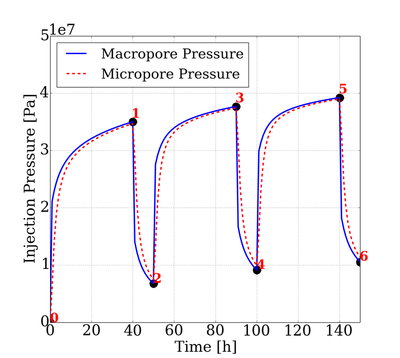

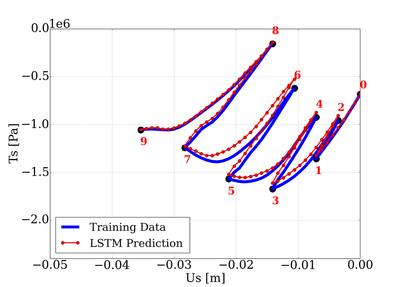
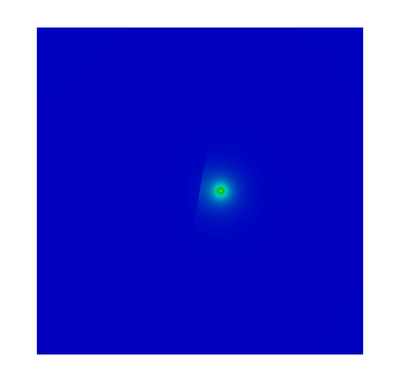
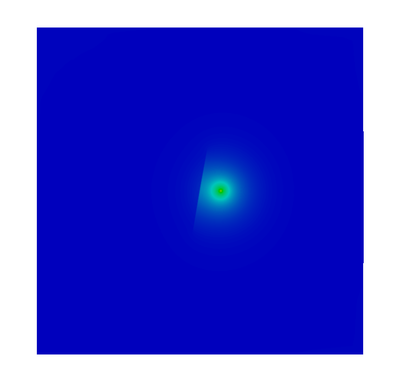
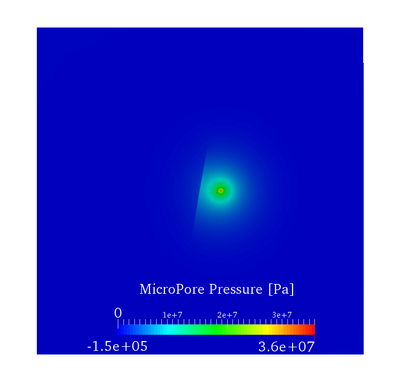
 RSS Feed
RSS Feed